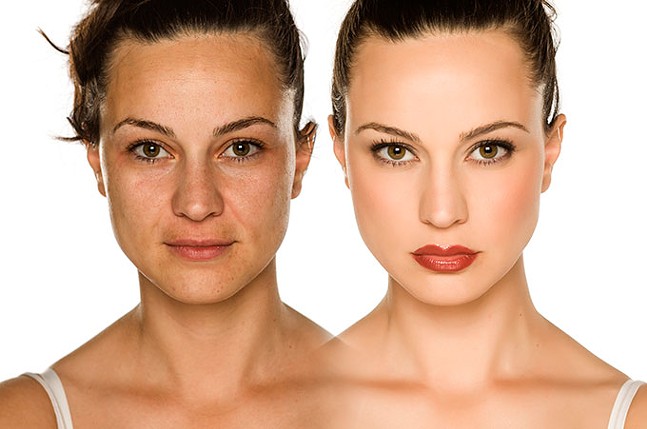‘You’re damned if you don’t look a certain way, and damned if you try to’
Posted on January 15, 2020 by Jessie Sage

Recently I posted a photo of myself on social media, commenting on how I like the gray streaks in my hair and choose not to conceal them with dye. While I was certainly fishing for responses about the aesthetics of my choice, what I didn’t expect were comments on the ethics of my choice. And I definitely didn’t expect anyone to admire me for my bravery.
The reason I let my hair come in gray is not because I have a commitment to growing old gracefully (whatever that means), or because I think that the “natural” look is superior, or even because I worry about using chemicals on my body. My only real reason for not dying my hair is that I like the way gray streaks look. If I thought my hair looked better another color, I would dye it; and if I ever get sick of my current look, I will consider a change.
While this little anecdote might seem trivial (I mean, who really cares what I do with my hair?), it illustrated something I have been noticing: a growing fetishization of “the natural,” and a corresponding belief that aesthetic choices that can be read as natural are superior to those that are enhanced or altered. Let’s call this cosmetic naturalism.
Maybe I’m particularly attuned to this because I was getting praise for my natural hair at the same time I was recovering from a breast augmentation surgery. It would have been impossible not to note the irony: Breast augmentation in particular is often one of the first things that is pitted against cosmetic naturalism. I had several phone sex clients, for example, who talked to me about their conflicted feelings about my surgery; they liked the results but struggled with what they perceived to be the ethical implications of their desires. Is it okay to be turned on by fake tits? What does this say about them and their attitude toward, or expectation of women?
Desire is complex, and therefore I cannot begin to answer these questions for them. What I can say, however, is that the conflict itself makes me feel that this entire question of naturalness puts women in a double bind (and it is usually women whose bodies and aesthetic choices are being scrutinized in this way). There is a ton of social pressure to be attractive in specific ways, but on top of this, women are supposed to meet these beauty expectations while making it appear effortless. You’re damned if you don’t look a certain way, and damned if you try to.
In this schema, perfect breasts (if they existed) that are “real,” are somehow superior to “perfect” breasts that are enhanced. Of course, we could say the same about all other aesthetic choices, from hair color, to make up, to fashion. My breasts are by no means the only thing I have altered. I make a habit of having my nails done; I get bikini waxes when I am inclined; and I also have tattoos, permanent makeup, and Botox. A litany of all of the “unnatural” things I have done to create the aesthetic that appeals to me, but that I by no means think is more valid than any other choice.
We need to stop talking about these choices as if they are moral ones. Doing so would loosen the grip of the double bind, and give everyone more space to express themselves as they chose. Fashion is cultural, there is nothing natural about it.
